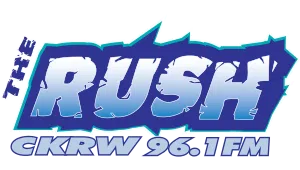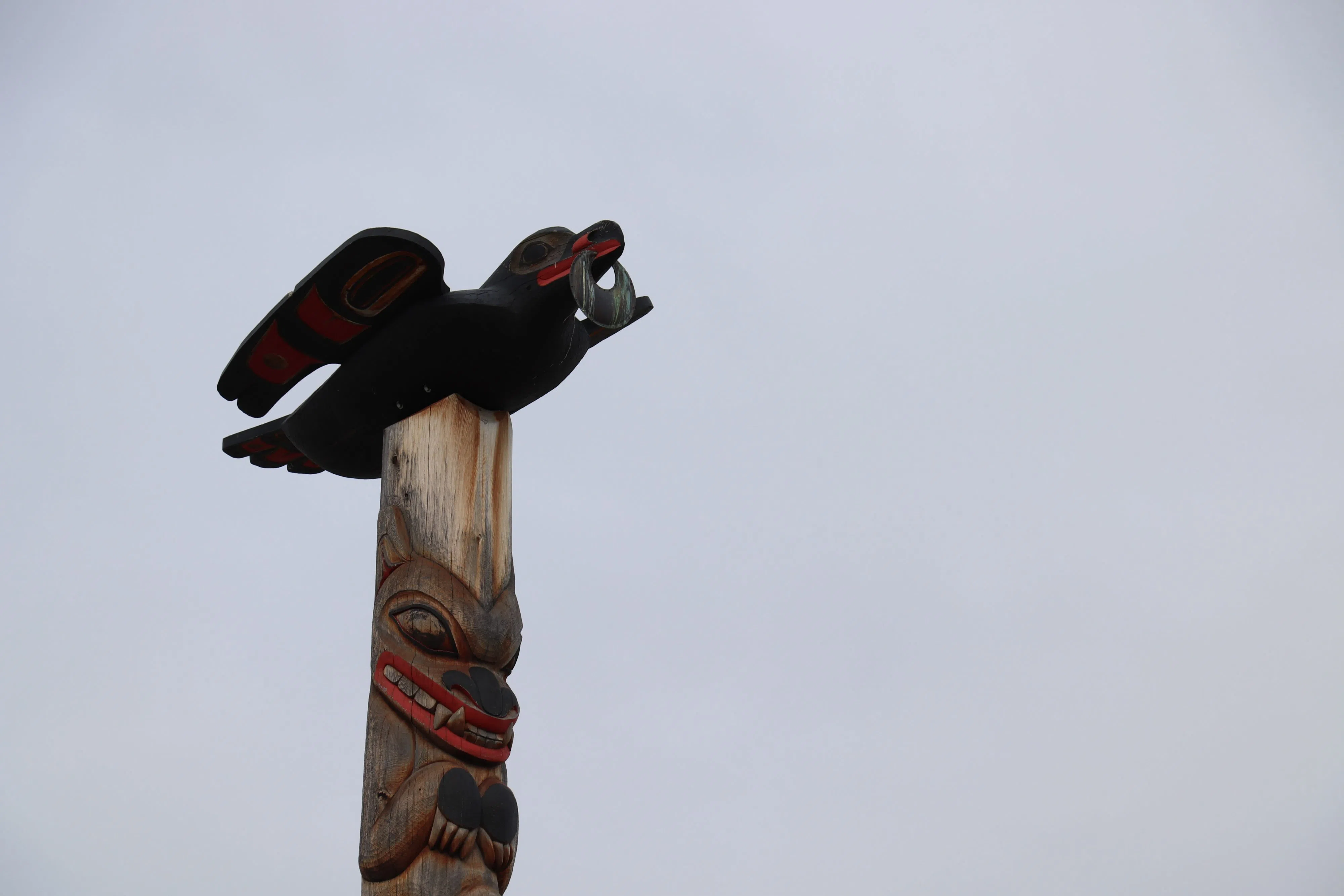Whitehorse, YT – A ground search of two former First Nation student residential sites in Whitehorse began on Monday, April 22nd, using ground-penetrating technology to detect potential anomalies at the historic sites as further acknowledgment of the truths of residential schools.
The Yukon Residential School Missing Children Project (YRSMCP) is overseeing the search of the two properties in Riverdale, where the former Yukon Hall and Coudert Hall student residences once operated. Both the Kwanlin Dün First Nation (KDFN) and Ta’an Kwäch’än Council (TKC), who claimed both sites as First Nations Settlement Lands, announced their full support for the efforts.
As past searches at other residential school sites across the country continue to reveal potential unmarked graves, including 215 possible grave sites discovered at the Kamloops Indian Residential School, Chief Amanda Leas, of the TKC, highlights that this current search serves to understand what happened and how to move forward.
“The importance of this is to just shed some light on some of the questions our survivors have, and hopefully we can provide them with some answers sooner rather than later, so they can put that piece behind them, move forward in a good way and start to heal,” said TKC Chief Leas. “This is a bigger issue than all of us. It affects every Indigenous person in the Yukon.”
The ground search began on April 22nd at the former Yukon Hall site and is scheduled to move to the Coudert Hall site on April 29th. The search is expected to be complete by May 4th.
The Federal Government operated Yukon Hall as student housing intended for Protestant families until 1970 when it was combined administratively with the neighboring Roman Catholic residence, Coudert Hall, creating the ‘Whitehorse Student Residence.’ Originally opened as the Whitehorse Roman Catholic Indian Hostel in 1960, the hostel was renamed Coudert Hall in 1966.
In 1971, a childcare worker at Coudert Hall was fired following complaints of sexually assaulting students. They were prosecuted and convicted in 1990.
After being approached by the YRSMCP about doing a ground search both KDFN and TKC moved to support the efforts. They encourage the community to share their relevant experiences or stories with the project as it begins the search. KDFN Chief Sean Smith says that this search speaks to the need to work together to support the community today and the generations to come.
“I’m a strong believer in acknowledging the truth of what happened,” said KDFN Chief Smith. “That truth speaks to how we shape and shift our society and our larger community, not only to give opportunities for Yukon First Nations people to grow and strengthen but for our larger community to understand those concepts of reconciliation.”
The KDFN is offering support to their community at the Natsékhi Kù Health Centre, which can be reached at (867)668-7289, and the TKC has their Wellness Centre available for citizens, which can be reached at (867)668-3613 ext. 402. You can also contact the 24-hour Residential School Crisis Line at 1-866-925-4419.








